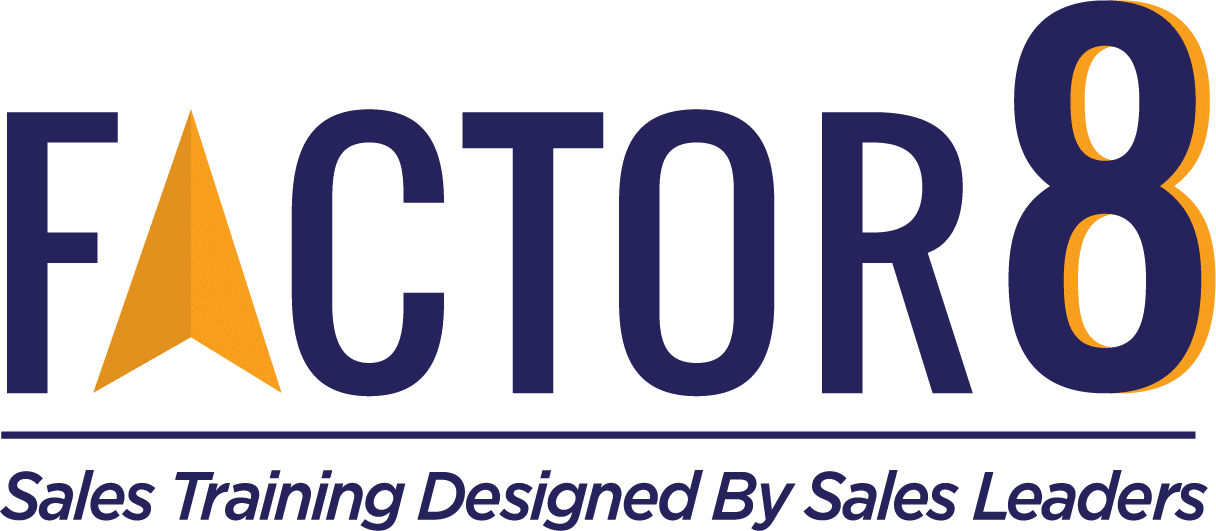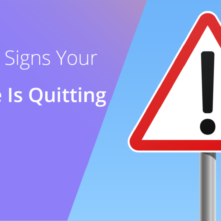If you’re making the jump into sales, you are probably trying to understand the different roles and how they fit into the bigger picture. You might be asking yourself “what is virtual inside sales” or “what do field vs. inside sellers do?” Titles change, responsibilities overlap, and once you’ve read your 10th job description everything starts to sound the same. It can be confusing, I get it. So, why let’s talk about the two major segments of sales: field sales vs. virtual sales (aka inside sales).
Let’s be clear, we’re not talking about the retail sales job you had at the mall. We are talking about sales positions that lead to lengthy (and lucrative) sales careers. We’ll go over what each team does and which scenarios fit them best. Let’s get started!
First, here’s a little background on me. I grew up in the sales world. I have been a virtual salesperson, a field salesperson, a sales manager, a sales leader, a training leader, and now an entrepreneur. If it has happened in the world of sales, there is a VERY good chance I have seen it, been a part of it, or at least provided some guidance on how to handle it. Okay, enough about me. Let’s talk about field sales and virtual sales.
What is the difference between sales roles? Which should you choose? Why would companies need different types of sellers? All great questions, keep reading for answers…
Historically, there were two sides to the sales coin, virtual (inside) sales and field sales. Many years ago, virtual sales reps were the 22-year-olds fresh out of college. They were green, they were underpaid, and they were trying to navigate their way through the sales world, but they were working 9-5 in an air-conditioned office. On the other hand, field sales reps were the tenured, respected, distinguished, and WELL-paid sales professionals that we all aspired to be. The field reps were wining and dining, jet-setting, and making the big bucks.
Today though, the lines between sales teams have blurred. Some companies have a virtual sales hand-off to field sales. Some have field sales teams that revolve around, or report to, virtual sales leaders. Others have only one type of sales team, either virtual or field sales. Many companies have even begun equalling the compensation between the two teams. Gone are the days when the field seller made all the money and the virtual seller made base.
In today’s sales world, most companies build and shift their sales teams based on what is required to make the sale at any given moment. Is the product brand-spankin’ new to the world? Is it something that people have heard about and have a general understanding of? Is it something that the consumers know like the back of their hand?
All products go through a life cycle:
- They start out in discovery, where no one knows about them.
- They move into introduction and growth where consumers are aware they exist but haven’t made the purchase yet.
- Then comes maturity and saturation where consumers know all about the product, and the market starts to become flooded with competitors.
- The final stage is decline where companies need to dial back the overhead (aka salespeople) to bring prices down and compete in a saturated market. It’s in the decline life cycle that we usually see companies move their sales offshore.
Okay, now that we know about the product, let’s talk about who sells it.
What is Field Sales?
The field sales role is one of education and extensive knowledge. Discovery is the ideal product life cycle for this role. Their sales cycle is typically long, their price point is high, and their consumer is in need of either the salesperson’s education or expertise.
Here’s an example: let’s say your company is launching a brand new product to the market. I’m talking about something that no one has ever seen before. It’s something that your potential consumers don’t even know they need yet. This type of new product will require your salespeople to be very hands-on, providing A LOT of education. The sales cycle is often 6+ months long and each deal will require a good amount of guidance. In this scenario, Field Sales is queen (or king).
Pharma is a great example of an industry that is continuously launching a brand-new product (medication). Each new drug that comes out requires education for the doctors, nurses, and pharmacists that will (hopefully) be prescribing and providing the new drug to patients. Pharmaceutical sales reps will (almost) always be field sellers.
Field sales can also dip its toe into the introduction life stage, in the right scenario. A perfect example is custom-built pieces. Let’s say your company sells large-scale automated machinery.
If a customer is looking to replace or upgrade a machine on their production line, they can’t exactly order it on Amazon. This type of sale requires a salesperson to come onsite, understand the whole production line, measure the available space, and then provide the right recommendations for both seamless integration and price point. This is not a couple of conversations that end with the customer signing on the dotted line. This is months of calls and visits before the deal is closed.
What is Virtual Inside Sales?
Now, let’s talk about virtual or inside sales. Unlike their on-site colleagues, virtual sales teams work with customers, well, virtually. This means their interactions with the customer are on the phone, via email, or online. The inside sales role is about further explanation instead of total education. For these roles, the sales cycle is considerably shorter, maybe 1-2 months, and the consumer usually arrives with some understanding of the product or its use.
Thanks to the internet, a larger majority of products in today’s market fall to the virtual sales team. These products are typically in the introduction or maturity point of their life cycle. In these life cycle stages, the product is known to the market, it may even have competitors. People have heard of it and are searching for it, but not everyone has purchased it just yet. Maybe they’re working with your competitor, or they’ve been thinking about getting your product for some time but they haven’t had the budget. In this stage, the customer’s need for help changes from full education to further explanation. The virtual seller’s job is to help the consumer understand why your product is better and why they should buy from you.
Some great examples of this are IT products, like computers. Consumers will come to you with a basic understanding of what they need. The “sale” is more about helping them select the right model, the correct amount of storage, or choosing between a PC and a Mac.
I’m sure you’re saying to yourself, “virtual sales sounds way easier!” Before you make that decision, we should talk about the different experiences on the salesperson’s side. For field sales reps, if you are back to onsite visits, you have time to talk a little before your meeting, then you have an hour presentation, then you might have some time for water-cooler talk after, all before you take the client to a 2-hour dinner. In one short visit, you are getting anywhere from 1 ½ hours to 5 hours of valuable time with that client.
For a virtual sales rep to get the same 5-hour “face time” as a field sales rep, you could be looking at a series of 7-10 separate phone calls. Just getting the right contact on the phone is more challenging in the virtual world. Most virtual sales reps are making anywhere from 5-10 dials for every connection. Think of it this way: it’s easier to not answer, or hang up the phone than it is to dismiss someone standing right in front of you. Once the virtual sales rep finally gets the contact on the phone, they also have less time to ‘hook’ them. A virtual talk track has to be short and to the point. Unlike their field sales counterparts who have anywhere from 30-60 minute presentation times, virtual sales reps have MAYBE 10-15 minutes to get to the value AND bridge the client to the follow-up call. It means those virtual sales reps have to do their discovery homework and have to craft their message with the client’s needs at the top of their mind.
Whether you’re hiring sales reps or job searching for a field sales or virtual sales role, I hope these nuggets of information helped you!














